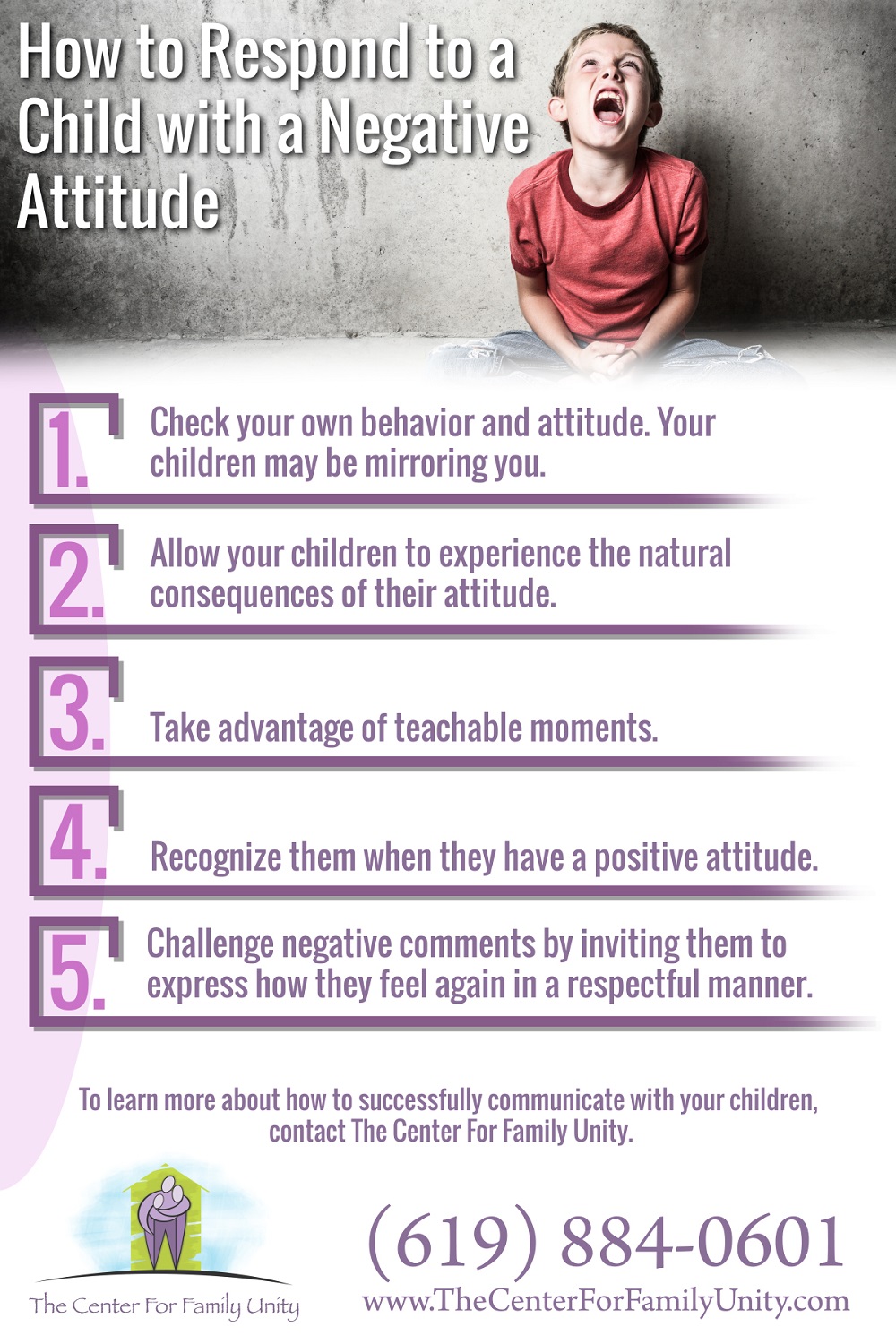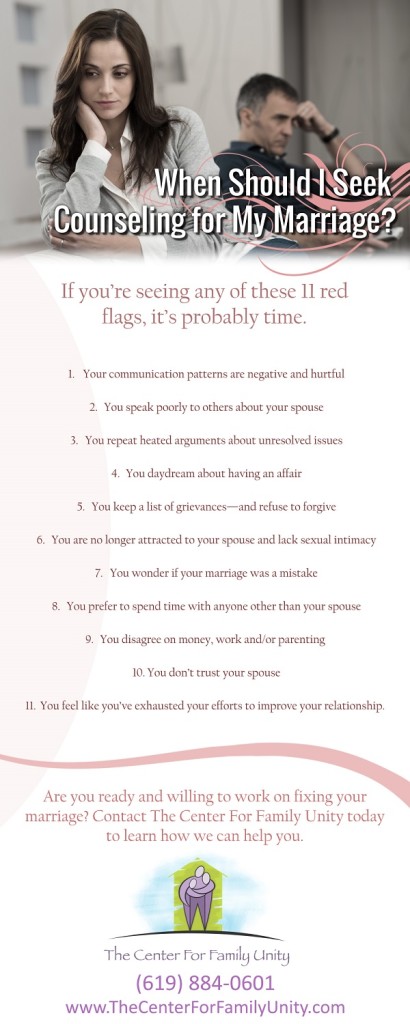Are you wondering how to fix a broken marriage? Are you feeling the sting of your mate’s criticism too frequently? Does your mate seem to make statements that indicate contempt for you as a person? Are the two of you involved in the “Blame Game,” bickering about which one of you is really at fault for the problems you are having? Are you furious that your mate “stonewalls” every attempt you make resolve conflict, and often refuses to even make eye contact?
Be encouraged! The destructive behaviors described are unfortunately all too common,
and have been well researched in clinical studies. The good news is that the most important findings from Dr. Gottman’s 35 years of research on troubled unions can be used to fix a marriage headed for divorce.
Dr. Gottman refers to the negative behavior patterns described in the opening paragraph as, “The Four Horsemen of the Apocalypse.” These behaviors predict early divorcing – an average of 5.6 years after the wedding, with amazing accuracy. The four behaviors identified in his research are:
- Criticism: stating one’s complaints as a defect in one’s partner’s personality; giving the partner negative trait attributions. Example: “You always talk about yourself. You are so selfish.”
- Contempt: statements that come from a relative position of superiority. Contempt is the greatest predictor of divorce and must be eliminated. Example: “You’re an idiot.”
- Defensiveness: self-protection in the form of righteous indignation or innocent victim-hood. Defensiveness wards off a perceived attack. Often develops as a result of or reaction to contempt. Example: “It’s not my fault that we’re always late; it’s your fault.”
- Stonewalling: emotional withdrawal from interaction. Example: The listener does not give the speaker the usual nonverbal signals that the listener is “tracking” with the speaker. Emotional withdrawal and anger predict later divorcing – an average of 16.2 years after the wedding.
Dr. Gottman summarizes two key findings about happily married couples as follows:
- Happily married couples behave like good friends and resolve their conflicts in gentle, positive ways.
- Happily married couples are able to repair negative interactions during an argument and can process negative emotions fully.
The answer to the question “How to fix a marriage?” requires a couple to learn effective ways to resolve conflict. No marriage is conflict free, but how couples process or manage conflict is a key factor in the longevity of their marriage. Dr. Gottman’s research points out that the more likely a person is to enter into “fight or flight” mode during a conflict, “the more his or her marital satisfaction is likely to decline during a period of three years.” The inability to manage conflict has terrible consequences for your physical and mental health, and your satisfaction in your marriage.
If you and your spouse communicate primarily with criticism, contempt, defensiveness, and stonewalling, you might benefit from reading one of Dr. Gottman’s books. The Seven Principles for Making Marriage Work or Why Marriages Succeed or Fail…and How You Can Make Yours last. Reading these books can help you make sense of your current experience, and encourage you to learn skills that help to fix a marriage.
The adage “Sticks and stones can break my bones, but words can never hurt me” is not true for most people. Angry, thoughtless, vindictive words destroy the underpinnings of marriage. When words have penetrated deeply, there is a need to learn how to forgive the unforgivable comments that have wounded a spouse’s very essence.
The counselors at The Center for Family Unity are experienced in teaching couples how to resolve conflict in gentle, positive ways. Call today at 619-884-0601 to make an appointment to fix your marriage, and make The Four Horsemen of the Apocalypse a thing of the past.














